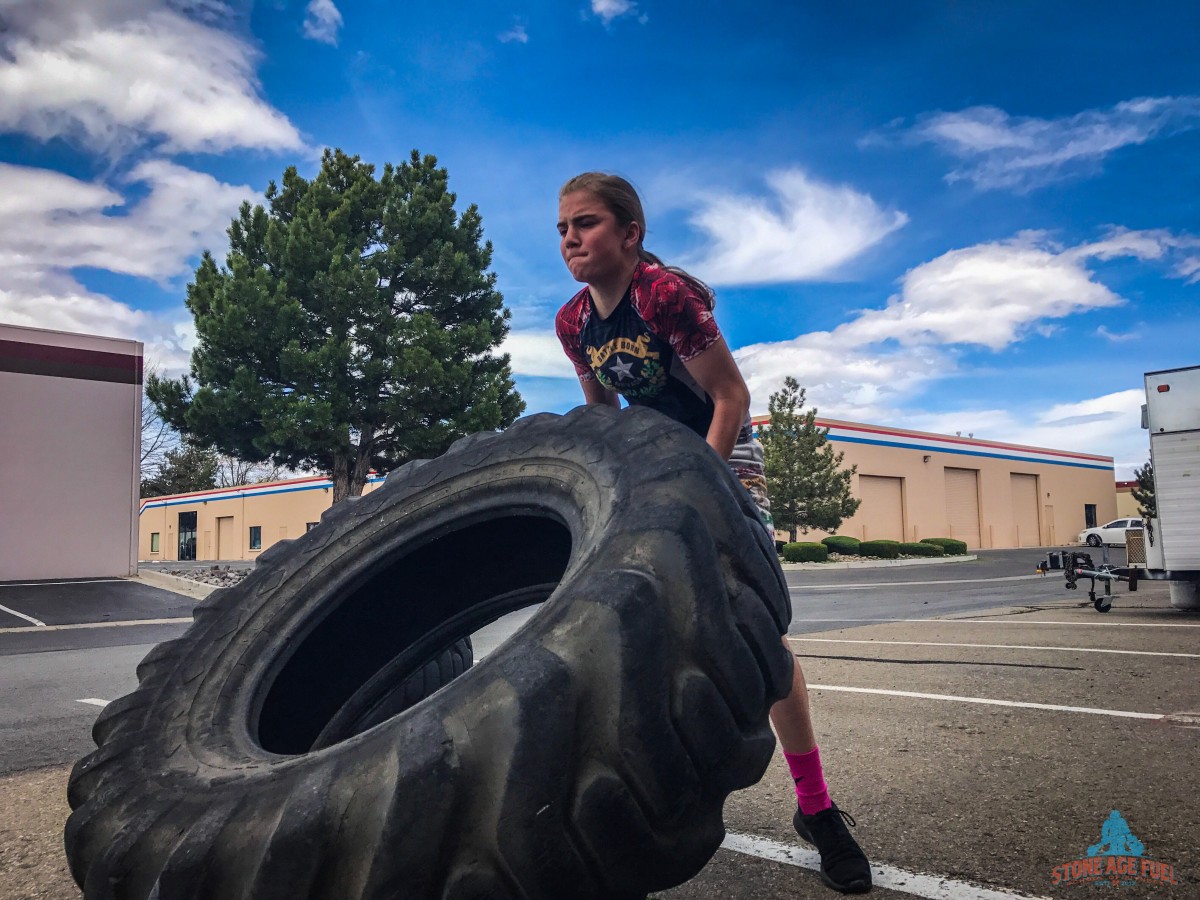4 signs of overtraining and how to fix them.
Overtraining….a dirty little word that we don’t want to think or talk about, because it could mean missing out on valuable training days! Are we hurting ourselves in the long run by continuing to train after we has crossed the line of suck? What is the magical line of suck and where do we find it? Read on and find out!
In athletics we always want to push ourselves to the next level and sometimes that next level means training harder and harder to attain your goals. The line of suck is an imaginary line that we sometimes cross and when we cross the line we have entered the realm of overtraining. The goal is to stay right under the line and never dip into the suck zone!
How do you spot the signs of overtraining?
1) You wake up tired and feel like you just didn’t get enough sleep no matter how much sleep you got. Common memes like this one tell us to push through the tiredness and just deal with it. 
If you wake up tired and just never feel any better than this is definitely a sign of overtraining! This would be a good time to hit that snooze button and go right back to sleep!
2) Every day you push a little harder and go a little longer, but your progress is not showing and you’ve got a bunch of new “problems” aka injuries accumulating. This is a sign that you need to take a couple of days off from training. You get stronger as you recover and rest from training. The best athletes take rest and recovery as seriously as they take their training. Remember rest days are important and should be taken after every third day of training at the very least.
3) You “tweak” something and figure its probably best to just push pass the pain. This is a terrible idea and as soon as something doesn’t feel right or gets tweaked you should immediately back off and modify your routine so that it doesn’t make the problem worse. After tweaking something a substantial amount of time should be spent on recovery. Stretching, mobilizing, ice baths, chiropractic care and getting a thai massage for your strained muscles should all be utilized until the problem is taken care of and if possible consult with your coach about modifying your workout routine until the problem is feeling better.
4) Finally never be afraid to tell your coach if something doesn’t feel right or if you hurt yourself. A good coach should be observant of the entire room that he or she is coaching and will definitely notice if something doesn’t look right among his or her athletes. If your coach asks if something is wrong please TELL them! Hiding injuries to keep going will only make it worse and will only hinder your progress in the long run!



